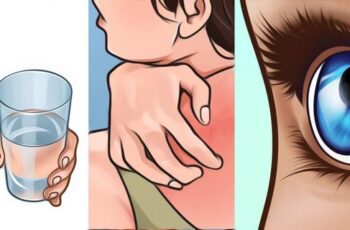Ad Blocker Detected
Our website is made possible by displaying online advertisements to our visitors. Please consider supporting us by disabling your ad blocker.
Hypothyroidism is a condition in which the body doesn’t make enough thyroid hormones.
Thyroid hormones help control growth, cell repair, and metabolism. As a result, people with hypothyroidism may experience tiredness, hair loss, weight gain, feeling cold, and feeling down, among many other symptoms.
Hypothyroidism affects 1–2% of people worldwide and is ten times more likely to affect women than men.
Foods alone won’t cure hypothyroidism. However, a combination of the right nutrients and medication can help restore thyroid function and minimize your symptoms.
This article outlines the best diet for hypothyroidism, including which foods to eat.
1.Salt
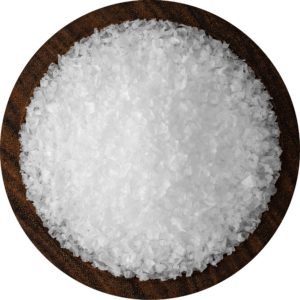
Your thyroid needs iodine to work well. Most people in the U.S. get enough of this element from their diet, usually through fish and dairy products. Make sure you’re using iodized table salt at home. You can tell by looking at the label.
2.Leafy Greens
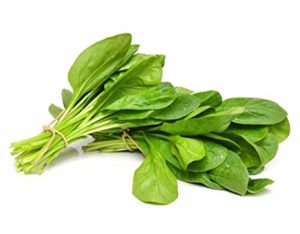
Spinach, lettuce, and other examples are great sources of magnesium, an all-star mineral that plays a huge role in your body processes. Fatigue, muscle cramps, and changes in your heartbeat could be signs that you’re not getting enough.
3.Nuts
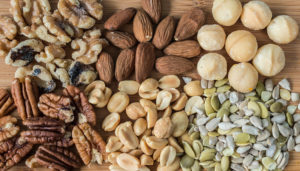
SEEDS AND NUTS DIGESTION
Cashews, almonds, and pumpkin seeds are excellent sources of iron. Brazil nuts help your thyroid in two ways. Not only are they a good source of iron, but they’re also rich in selenium, another mineral that supports your thyroid. Just a few each day give you the selenium you need.
4.Seafood
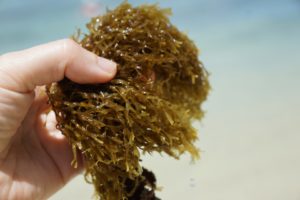
Seaweed
Fish, shrimp, and seaweed are great sources of iodine. You need iodine for a healthy thyroid, but avoid large amounts of iodine-rich choices like kelp. That may make your condition worse.
[adinserter block=”5″]
